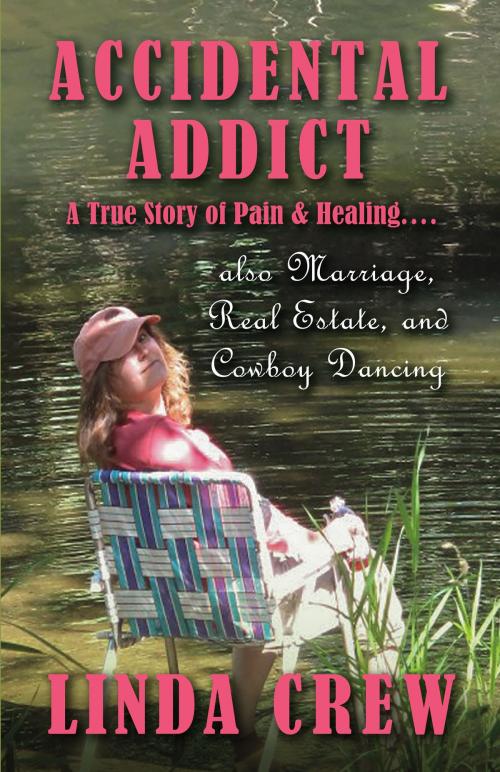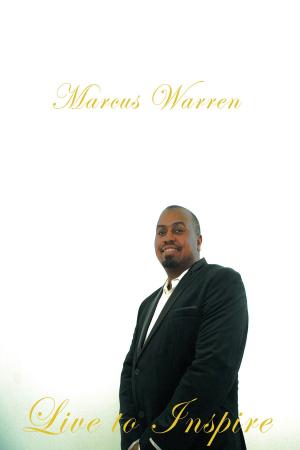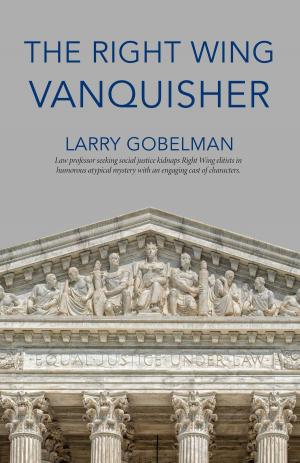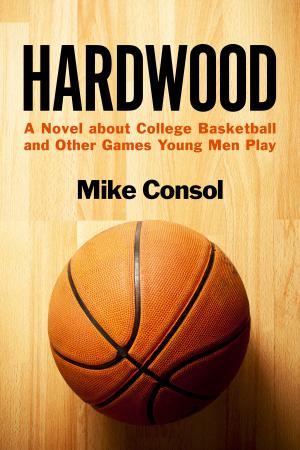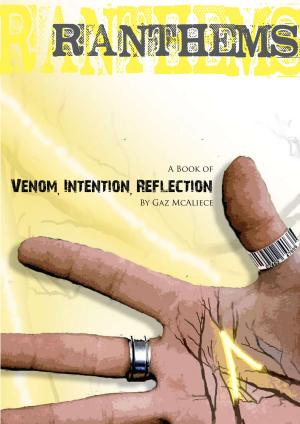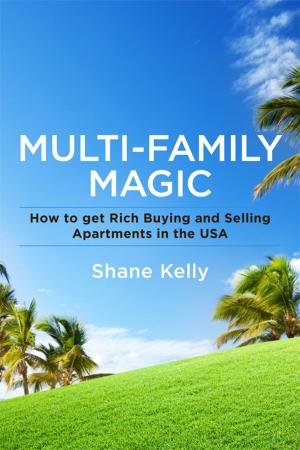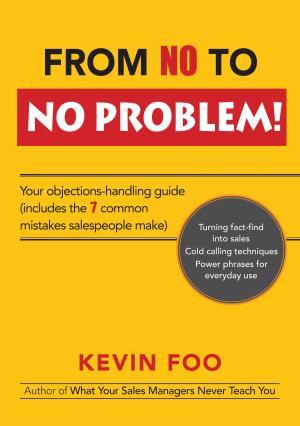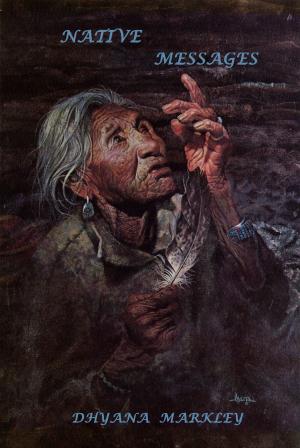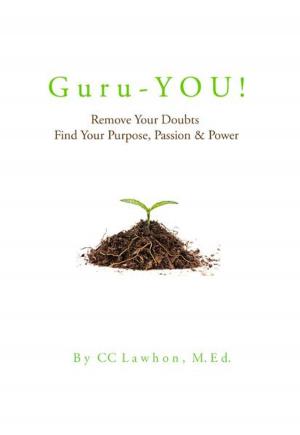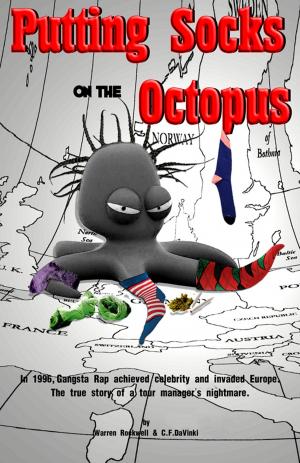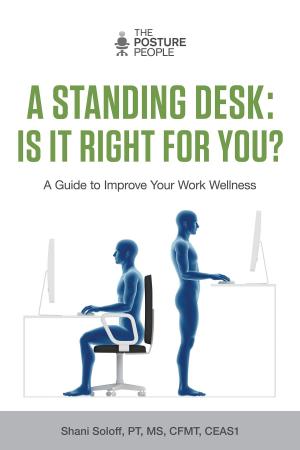Accidental Addict
A True Story of Pain and Healing....also Marriage, Real Estate, And Cowboy Dancing
Nonfiction, Health & Well Being, Health, Healing| Author: | Linda Crew | ISBN: | 9781483573656 |
| Publisher: | BookBaby | Publication: | July 1, 2016 |
| Imprint: | BookBaby | Language: | English |
| Author: | Linda Crew |
| ISBN: | 9781483573656 |
| Publisher: | BookBaby |
| Publication: | July 1, 2016 |
| Imprint: | BookBaby |
| Language: | English |
I am well. Completely well. Wonderful. Except, I’m lying. Or was the first time I wrote this, anyway. Month after month, on days when I felt optimistic enough to imagine that surely I was nearly healed, I watched myself nail this story down on faith alone that by the time you’d read these words, they’d be true. And now, thank God, they are. I am completely, confidently well. It feels like a miracle. It almost feels like I’ve been dead, and now I’ve come back to vibrant life. I was a happily married mother of three grown children and the author of nine novels. In September of 2012, I optimistically presented myself for total knee replacement surgery—one of 670,000 such patients in the U.S. that year—and, thanks to doctor–prescribed Oxycodone and Xanax, promptly descended into three years of drug-induced hell. Sometimes a writer assigns herself a challenge of experience, deducting her expenses on Tax Form C, then reports back, allowing the reader to decide for herself whether she’d like to embark on some rigorous diet, raise chickens in the backyard, divorce from all screens, sample a new fitness craze, or travel to some trendy eco resort. This book is no such thing. No one would ever choose to experience what I and so many others have gone through in suffering withdrawal from physician-prescribed drugs, but since my life took this horrific turn and I happen to be a writer, it feels like being tapped on the shoulder—Tag, you’re it. Speak up. Stories of addiction-related depravity abound; explanations of how people eventually recover, not so much. Mine is the story I longed to hear during my withdrawal: a story of hope, solid evidence that people can somehow live through this and survive. If you read this book some years in the future, rest assured you need not fear Googling my name only to find that I relapsed right after its publication. Whatever lies ahead for me, one thing remains certain: I will not be going down in the flames of ongoing addiction. Because of the powerfully destructive effects of narcotic painkillers and anti-anxiety benzodiazepines on the brain, I was, for the duration of my prolonged healing, a terribly sick, reclusive woman, in certain stretches nearly comatose and, in my bleakest moments, the raging Bitch of the World. Ask my family. Accidental Addict is the story of how it all went down—the white, middleclass, “nice-lady,” pharmaceutically-induced trainwreck of my life.
I am well. Completely well. Wonderful. Except, I’m lying. Or was the first time I wrote this, anyway. Month after month, on days when I felt optimistic enough to imagine that surely I was nearly healed, I watched myself nail this story down on faith alone that by the time you’d read these words, they’d be true. And now, thank God, they are. I am completely, confidently well. It feels like a miracle. It almost feels like I’ve been dead, and now I’ve come back to vibrant life. I was a happily married mother of three grown children and the author of nine novels. In September of 2012, I optimistically presented myself for total knee replacement surgery—one of 670,000 such patients in the U.S. that year—and, thanks to doctor–prescribed Oxycodone and Xanax, promptly descended into three years of drug-induced hell. Sometimes a writer assigns herself a challenge of experience, deducting her expenses on Tax Form C, then reports back, allowing the reader to decide for herself whether she’d like to embark on some rigorous diet, raise chickens in the backyard, divorce from all screens, sample a new fitness craze, or travel to some trendy eco resort. This book is no such thing. No one would ever choose to experience what I and so many others have gone through in suffering withdrawal from physician-prescribed drugs, but since my life took this horrific turn and I happen to be a writer, it feels like being tapped on the shoulder—Tag, you’re it. Speak up. Stories of addiction-related depravity abound; explanations of how people eventually recover, not so much. Mine is the story I longed to hear during my withdrawal: a story of hope, solid evidence that people can somehow live through this and survive. If you read this book some years in the future, rest assured you need not fear Googling my name only to find that I relapsed right after its publication. Whatever lies ahead for me, one thing remains certain: I will not be going down in the flames of ongoing addiction. Because of the powerfully destructive effects of narcotic painkillers and anti-anxiety benzodiazepines on the brain, I was, for the duration of my prolonged healing, a terribly sick, reclusive woman, in certain stretches nearly comatose and, in my bleakest moments, the raging Bitch of the World. Ask my family. Accidental Addict is the story of how it all went down—the white, middleclass, “nice-lady,” pharmaceutically-induced trainwreck of my life.
